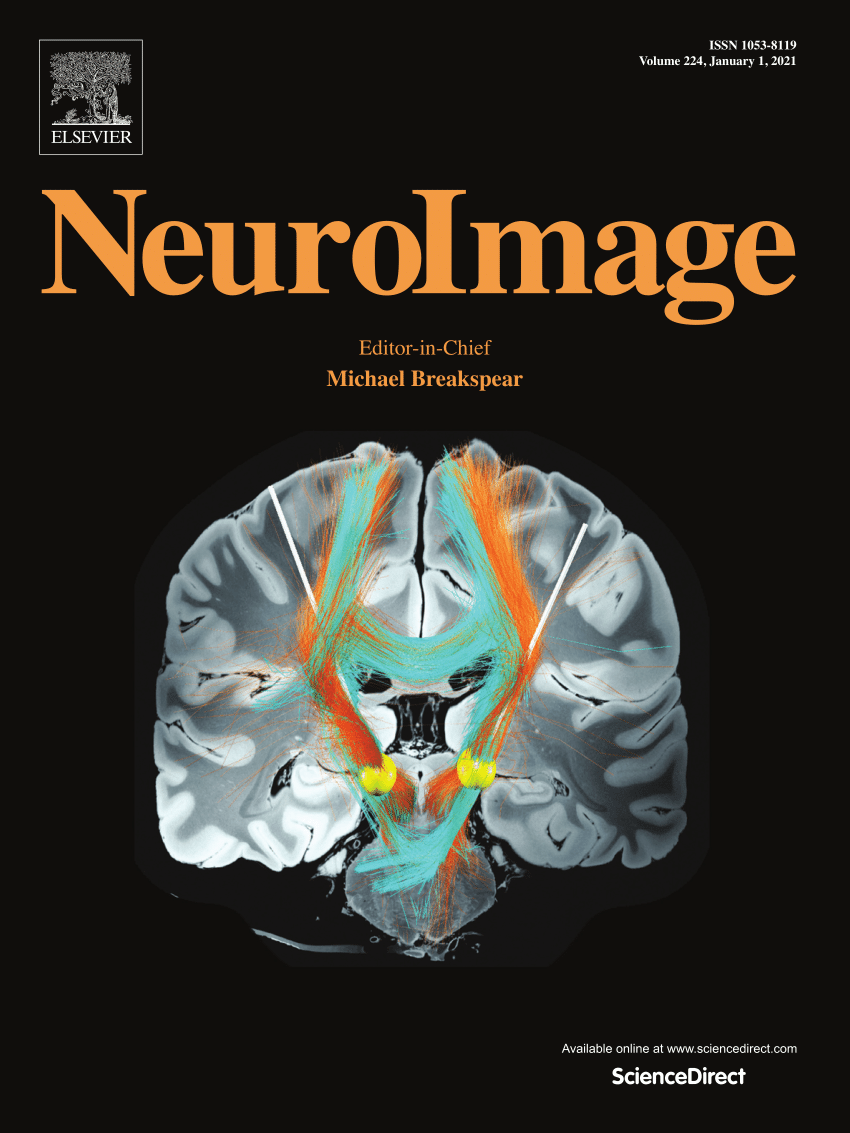A high fat, high sugar diet exacerbates persistent post-surgical pain and modifies the brain-microbiota-gut axis in adolescent rats
IF 4.7
2区 医学
Q1 NEUROIMAGING
引用次数: 0
Abstract
Persistent post-surgical pain (PPSP) occurs in a proportion of patients following surgical interventions. Research suggests that specific microbiome components are important for brain development and function, with recent studies demonstrating that chronic pain results in changes to the microbiome. Consumption of a high fat, high sugar (HFHS) diet can drastically alter composition of the microbiome and is a modifiable risk factor for many neuroinflammatory conditions. Therefore, we investigated how daily consumption of a HFHS diet modified the development of PPSP, brain structure and function, and the microbiome. In addition, we identified significant correlations between the microbiome and brain in animals with PPSP. Male and female rats were maintained on a control or HFHS diet. Animals were further allocated to a sham or surgery on postnatal day (p) p35. The von Frey task measured mechanical nociceptive sensitivity at a chronic timepoint (p65–67). Between p68–72 rats underwent in-vivo MRI to examine brain volume and diffusivity. At p73 fecal samples were used for downstream 16 s rRNA sequencing. Spearman correlation analyses were performed between individual microbial abundance and MRI diffusivity to determine if specific bacterial species were associated with PPSP-induced brain changes. We found that consumption of a HFHS diet exacerbated PPSP in adolescents. The HFHS diet reduced overall brain volume and increased white and grey matter density. The HFHS diet interacted with the surgical intervention to modify diffusivity in numerous brain regions which were associated with specific changes to the microbiome. These findings demonstrate that premorbid characteristics can influence the development of PPSP and advance our understanding of the contribution that the microbiome has on function of the brain-microbiota-gut axis.
求助全文
约1分钟内获得全文
求助全文
来源期刊

NeuroImage
医学-核医学
CiteScore
11.30
自引率
10.50%
发文量
809
审稿时长
63 days
期刊介绍:
NeuroImage, a Journal of Brain Function provides a vehicle for communicating important advances in acquiring, analyzing, and modelling neuroimaging data and in applying these techniques to the study of structure-function and brain-behavior relationships. Though the emphasis is on the macroscopic level of human brain organization, meso-and microscopic neuroimaging across all species will be considered if informative for understanding the aforementioned relationships.
 求助内容:
求助内容: 应助结果提醒方式:
应助结果提醒方式:


